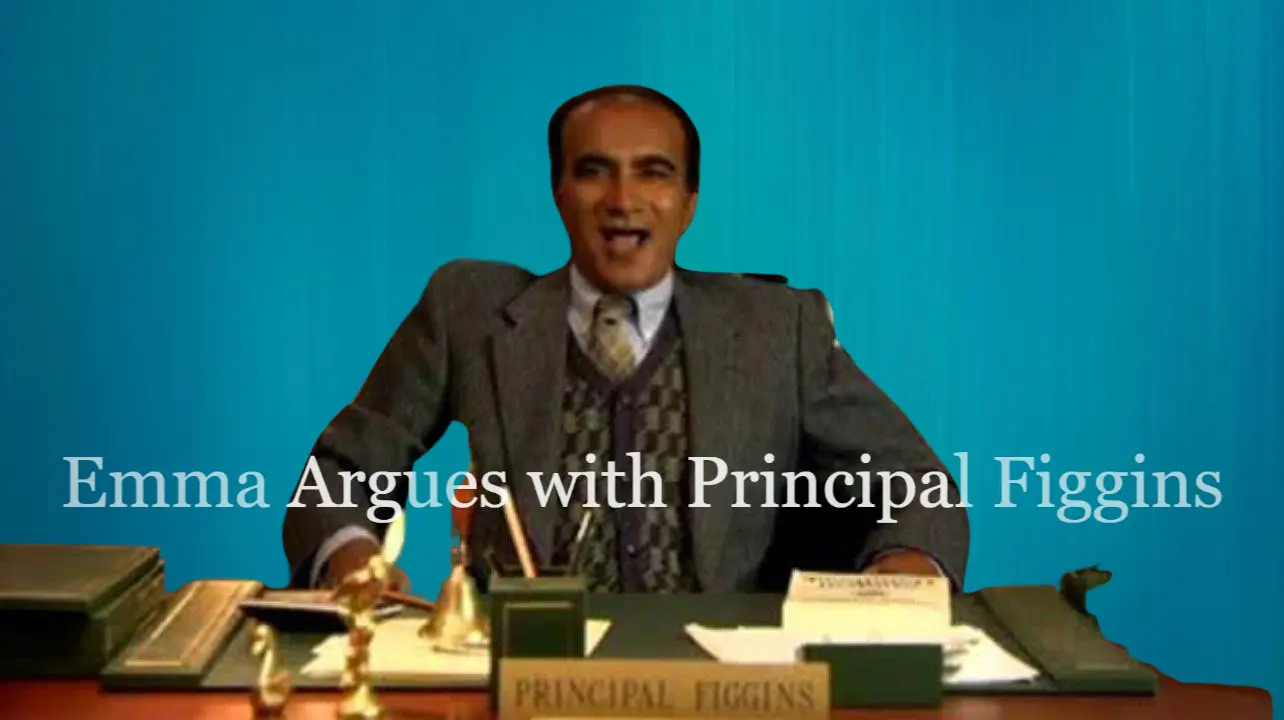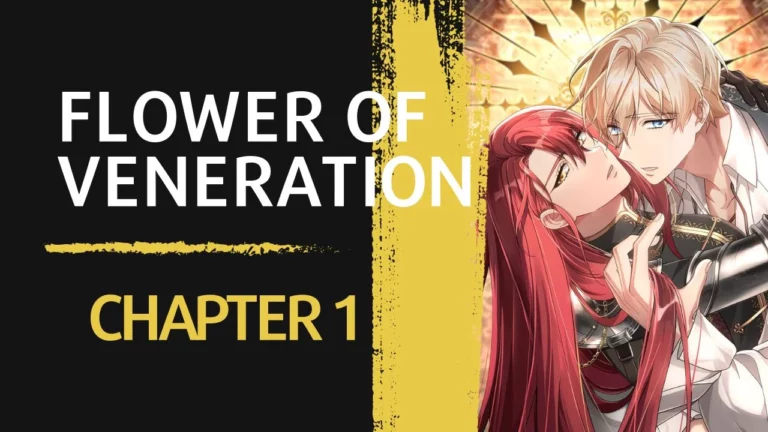Emma Argues with Principal Figgins – A Student’s Perspective!
At McKinley High, a heated debate between Emma, a forward-thinking educator, and Principal Figgins, a traditionalist in educational leadership, epitomizes the ongoing dynamics within educational institutions. This conflict, centered around the school’s approach to student welfare and educational policies, underscores the need for effective communication and mutual understanding. It exemplifies the ongoing dynamics within educational institutions, serving as a microcosm of broader challenges globally. This highlights the importance of balancing diverse perspectives and adapting to changing educational landscapes.
Philosophical Divergence: Emma vs. Principal Figgins
| Emma’s Approach | Principal Figgins’ Approach |
|---|---|
| Student-Centric | Policy-Driven |
| Encourages self-expression and individuality | Emphasizes the need for structure and adherence to policies |
| Fosters a conducive learning environment | Maintains established educational ideals and administrative order |
| Advocates for flexibility in teaching methods | Upholds traditional teaching methodologies |
| Prioritizes open dialogue and understanding students’ diverse needs | Focuses on preserving the school’s legacy and policies |
Emma’s progressive, student-centric approach and positive impact on the learning environment starkly contrast with Principal Figgins’ adherence to traditional educational policies and practices. This contrast not only highlights their differing educational leadership styles but also emphasizes the critical aspect of balancing innovative teaching methods with the need for structure within a school.
The Impact on the School Community and Student Welfare
The dispute between Emma and Principal Figgins significantly affects McKinley High’s school community. Emma’s advocacy for changes in school policies, like the dress code and extracurricular activities, champions students’ rights and needs. However, this sometimes finds her at odds with Principal Figgins, who serves as a staunch defender of the status quo.
The conflict highlights important educational policy and practice questions, particularly how they shape the student experience. While Emma believes in fostering an environment that nurtures personal growth and diverse perspectives, Principal Figgins emphasizes the school’s need for structure and maintaining discipline. This tension underscores the importance of open communication within educational settings, as it can profoundly influence every student’s learning journey and sense of ownership within the school community.
Philosophical Divergence: Emma vs. Principal Figgins
| Emma’s Approach | Principal Figgins’ Approach |
|---|---|
| Student-Centric | Policy-Driven |
| Encourages self-expression and individuality | Emphasizes the need for structure and adherence to policies |
| Fosters a conducive learning environment | Maintains established educational ideals and administrative order |
| Advocates for flexibility in teaching methods | Upholds traditional teaching methodologies |
| Prioritizes open dialogue and understanding students’ diverse needs | Focuses on preserving the school’s legacy and policies |
Emma’s progressive, student-centric approach and positive impact on the learning environment starkly contrast with Principal Figgins’ adherence to traditional educational policies and practices. This contrast not only highlights their differing educational leadership styles but also emphasizes the critical aspect of balancing innovative teaching methods with the need for structure within a school.
The Impact on the School Community and Student Welfare
The dispute between Emma and Principal Figgins significantly affects McKinley High’s school community. Emma’s advocacy for changes in school policies, like the dress code and extracurricular activities, champions students’ rights and needs. However, this sometimes finds her at odds with Principal Figgins, who serves as a staunch defender of the status quo.
The conflict highlights important educational policy and practice questions, particularly how they shape the student experience. While Emma believes in fostering an environment that nurtures personal growth and diverse perspectives, Principal Figgins emphasizes the school’s need for structure and maintaining discipline. This tension underscores the importance of open communication within educational settings, as it can profoundly influence every student’s learning journey and sense of ownership within the school community.
Resolving Conflicts: The Power of Communication and Compromise
In resolving the conflict between Emma and Principal Figgins, the path to mutual understanding was paved through open communication. Both parties recognized the importance of understanding each other’s perspectives, which led to meaningful dialogue. Emma’s advocacy for a more inclusive learning environment and student welfare was met with Principal Figgins’ insights on maintaining school policies and educational ideals.
The journey towards compromise highlighted the school’s need to foster an environment accommodating diverse needs. Emma’s approach to educational leadership evolved, appreciating the importance of structure within the educational system. Similarly, Principal Figgins learned to value self-expression and individuality, understanding that these elements are crucial for personal growth and a conducive learning environment.
This resolution served as a poignant reminder of the critical aspects of educational dynamics. It underscored the need for educators and administrators to balance policies and practices with the ever-changing landscape of educational needs. Both Emma and Principal Figgins experienced significant personal growth, demonstrating a willingness to find common ground for the betterment of every student.
At End
The clash between Emma and Principal Figgins at McKinley High extends beyond just a school administration issue. It encapsulates critical aspects of educational policy and practice on a global scale. This argument between Emma and Principal Figgins emphasizes the need for adaptable, empathetic educational leadership that balances tradition with innovation.
This dispute, often seen as a controversial school policy debate, highlights the significance of creating a learning environment that values and incorporates students’ diverse perspectives. In the realm of education, the challenge lies in balancing Emma Pillsbury’s progressive ideals with Principal Figgins’ more traditional approach. Their narrative underscores the importance of open communication and mutual respect.
As Emma finds herself at odds with Principal Figgins, it serves as a stark reminder of the strong moral compass needed in educational leadership. Adhering to policies while remaining flexible enough to accommodate change is a delicate balance. The clash between Emma and Principal Figgins serves as a poignant example, illustrating the need for educational systems to evolve while maintaining a firm foundation. Emma and Principal Figgins demonstrate how Principal Figgins’ stance and Emma’s innovative approach can coexist, guiding the way forward in shaping the future of education.







